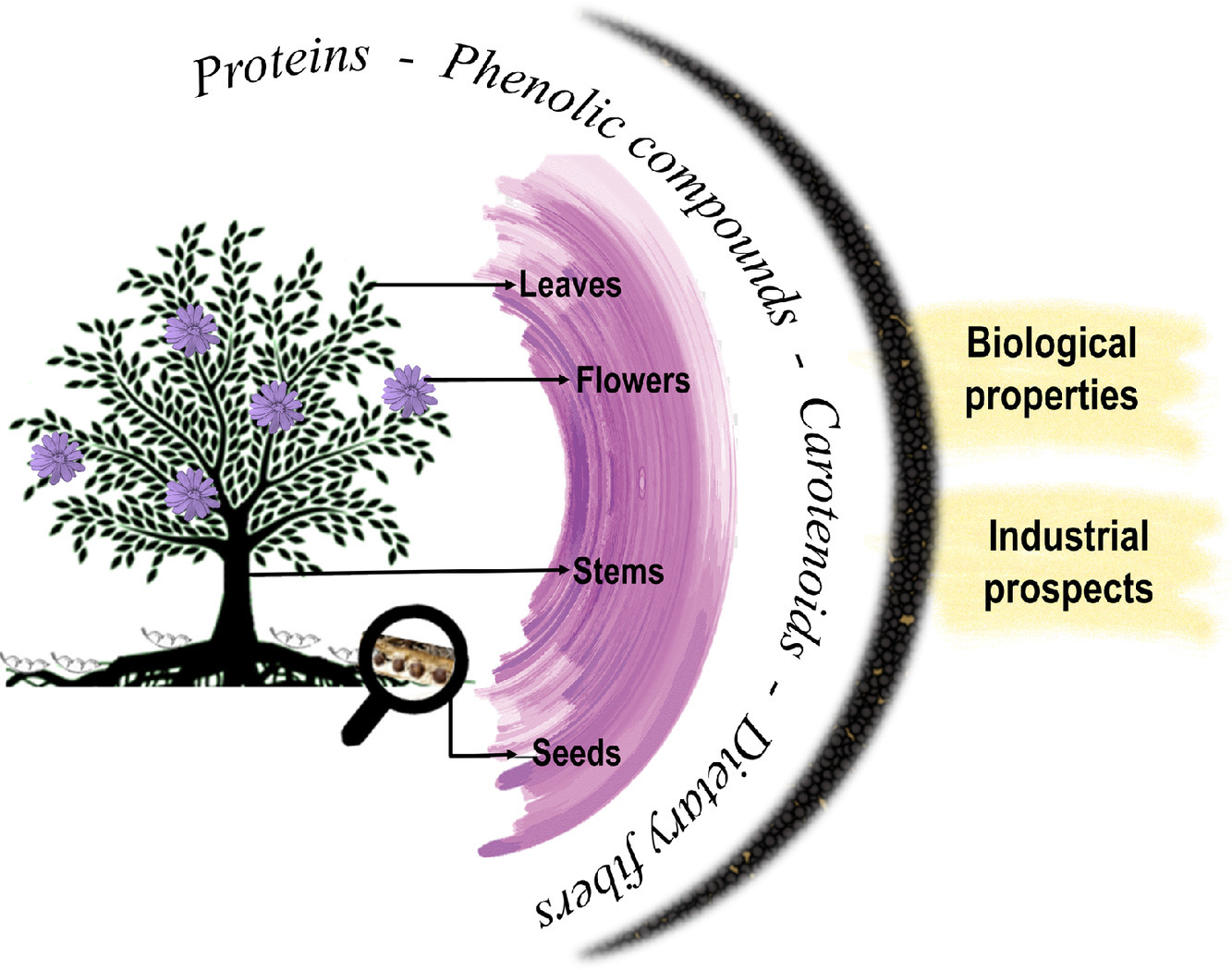The economic aspect is a vital component of the United Nations' Sustainable Development Goals (SDGs) as it intersects with several key areas such as poverty eradication, decent work and economic growth, industry, innovation, and infrastructure, and reduced inequalities. The UN recognizes that sustained, inclusive, and sustainable economic growth is an indispensable requirement for prosperity and quality of life.
SDG 1, aimed at ending poverty in all its forms everywhere, fundamentally depends on robust economic systems capable of providing opportunities for all. Poverty cannot be eradicated without inclusive economic growth that offers quality employment and business opportunities to the poor and marginalized.
Similarly, SDG 8 calls for promoting sustained, inclusive, and sustainable economic growth, full and productive employment, and decent work for all. It acknowledges that the economy is a key driver of employment and the overall welfare of a nation. Decent work not only provides income but also contributes to individuals' social integration, fosters a sense of identity, and improves their overall well-being.
Moreover, SDG 9 underlines the role of industry, innovation, and infrastructure in creating robust economic growth. By developing quality, reliable, sustainable, and resilient infrastructure, including regional and trans-border infrastructure, countries can support economic development and human well-being.
Furthermore, SDG 10, which aims to reduce inequality within and among countries, also highlights the importance of the economic aspect. Economic inequality can exacerbate social and political divisions, hinder poverty reduction, and slow down economic growth. Thus, policies ensuring equal opportunity and reducing inequalities of outcome are necessary.
The economic dimension also interacts significantly with environmental sustainability (SDG 13, 14, 15) and social factors like education (SDG 4) and health (SDG 3). A green economy can provide a pathway to achieving both environmental and economic objectives. Likewise, investments in health and education can boost economic productivity and growth in the long run.
World Youth Skills Day 2026
On July 15, 2026, welcome to the annual celebration of World Youth Skills Day 2026. A global initiative focused on empowering the next generation of leaders and innovators, this day emphasizes the immense potential of our youth to drive forward the UN’s Sustainable Development Goals (SDGs).
Background: World Youth Skills Day
World Book and Copyright Day 2026
The essence of literature is eternal, permeating cultures and generations. SDG Resources proudly commemorates the World Book and Copyright Day 2026, drawing attention to the instrumental role of literature in achieving Sustainable Development Goals (SDGs).
The Interrelation between SDGs and Literature
Innovative food products containing new ingredients have been designed to meet nutritional needs and new consumption trends. In this way, different vegetable species, named unconventional food plants (UFPs), are being studied in the literature and are emerging as candidates to provide foods containing a better composition, providing greater healthiness. Furthermore, specific vegetable tissues discarded in post-harvest and/or industrial pre-processing operations can be considered UFPs adequate for human consumption.
Bone Sarcomas and Bone Metastases - From Bench to Bedside (Third Edition), Bone Sarcomas and Bone Metastases - from Bench to Bedside, 2022, Pages 17-23
Economic Effects of Natural Disasters, Theoretical Foundations, Methods, and Tools, 2021, Pages 77-95
Background While our previous work has shown that replacing existing vaccines with thermostable vaccines can relieve bottlenecks in vaccine supply chains and thus increase vaccine availability, the question remains whether this benefit would outweigh the additional cost of thermostable formulations. Methods Using HERMES simulation models of the vaccine supply chains for the Republic of Benin, the state of Bihar (India), and Niger, we simulated replacing different existing vaccines with thermostable formulations and determined the resulting clinical and economic impact.


